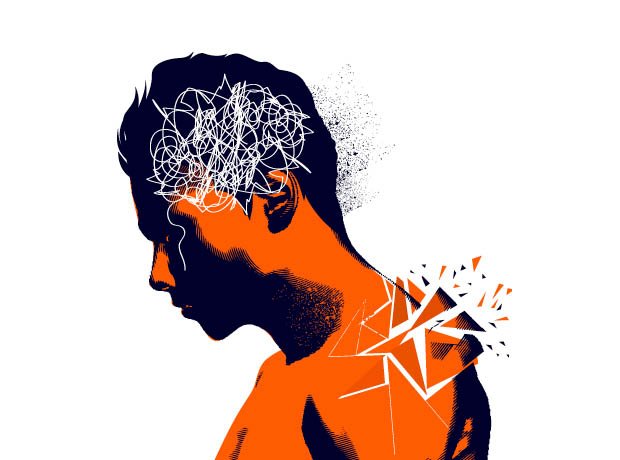Janssen reveals new Spravato data

Period to remission was shortened with esketamine nasal spray in both sub-groups within study
The Janssen Pharmaceutical Companies of Johnson & Johnson has announced new findings from its pivotal ESCAPE-TRD trial.
Data demonstrated that treatment with Spravato (esketamine nasal spray) increased the likelihood of remission versus treatment with quetiapine extended release (XR). The research was among in subgroups of treatment resistant depression (TRD) patients that had two, three or more previous treatment failures.
During the study, significantly more patients treated with esketamine nasal spray compared with quetiapine XR achieved remission in both subgroups.
Meanwhile, the period to remission was shortened with esketamine nasal spray in both subgroups. The findings will be delivered at the Royal College of Psychiatrists International Congress.
Professor Allan Young, director, Centre for Affective Disorders, Institute of Psychiatry, Psychology and Neuroscience, King’s College London, elaborated: “Patients who have experienced three or more prior treatment failures are typically less likely to respond to the current treatments available for TRD.”
He added: “These findings demonstrate the significant effect esketamine nasal spray has in patients living with the condition in both subgroups, and an even greater relative effect in those with three or more prior treatment failures. This marks a major milestone in offering a potential treatment option that could improve quality of life for these individuals.”
Marjorie Wallace, chief executive of SANE, concluded: “We are excited that new treatments for depression are being developed, particularly for severe depression where patients have not responded to existing medications and other interventions.
“There has been a dearth of new ideas, which is why so many patients are given repeat prescriptions of drugs made available over 30 years ago. The only way forward is to encourage those in a position to do so to develop innovative treatments that may potentially transform the future of those whose suffering may drive them to debilitation and despair.”
Currently, a third of people who experience major depressive disorder (MDD) do not respond to treatment and are considered to have TRD. MDD and TRD are debilitating conditions and are very common across the UK.
Source link
#Janssen #reveals #Spravato #data